To travel or not to travel to Galapagos?
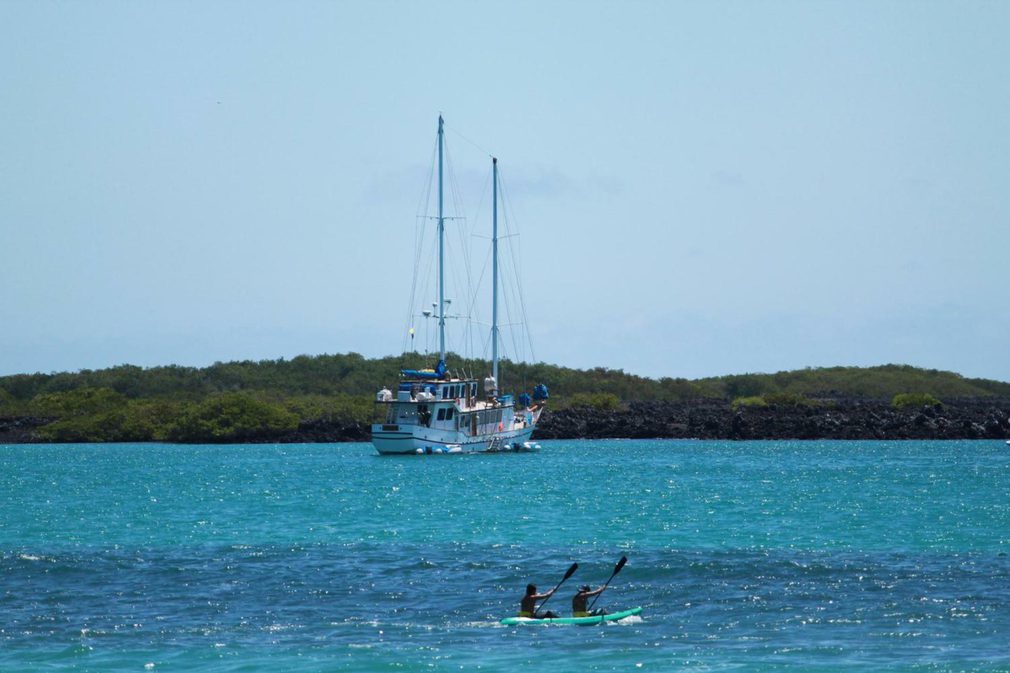
Musings on the conservation debate in tourism - part 1: Galapagos.
News that yet another boat had run aground in the Galapagos Islands last month created a depressing sense of déjà vu. It was the third time in a decade a grounding had occurred in the aptly-named Wreck Bay since the turn of the century.
At least, unlike the terrible outcome of the Jessica fuel tanker (spilling 175,000 gallons of diesel and fuel oil into the sea), the Floreana's cargo seems to have been largely extracted without incident. It was, nonetheless, a timely reminder of the fragility of the islands' unique ecosystems and the obligation upon us all to protect them.
Although entirely unrelated to tourism in the islands, such stories might well give prospective visitors pause for thought as to whether their trip is going to do more harm than good. It has certainly been mooted that this is the case when it comes to tourism, and most people wouldn't argue with the fact that the amount of visitors does create pressure on the environment.
However, most would also accept that without the income generated by tourism, and the corresponding pressure to conserve the ecosystem, the Galapagos ' as they exist today, would be a distant memory. Let's not forget that as well as being home to an incredible array of land and marine species of flora and fauna, the islands hold somewhere north of 25,000 people (the exact number being somewhat unknown due to those who may be unregistered). This brings its own pressure to bear, but given that many, many of these inhabitants are dependent upon tourism for their income (tourism is the basis of roughly half the islands' economy), it would seem that it's in everyone's best interest - including the wildlife's - to keep the visitors happy, by keeping the islands as pristine as possible.
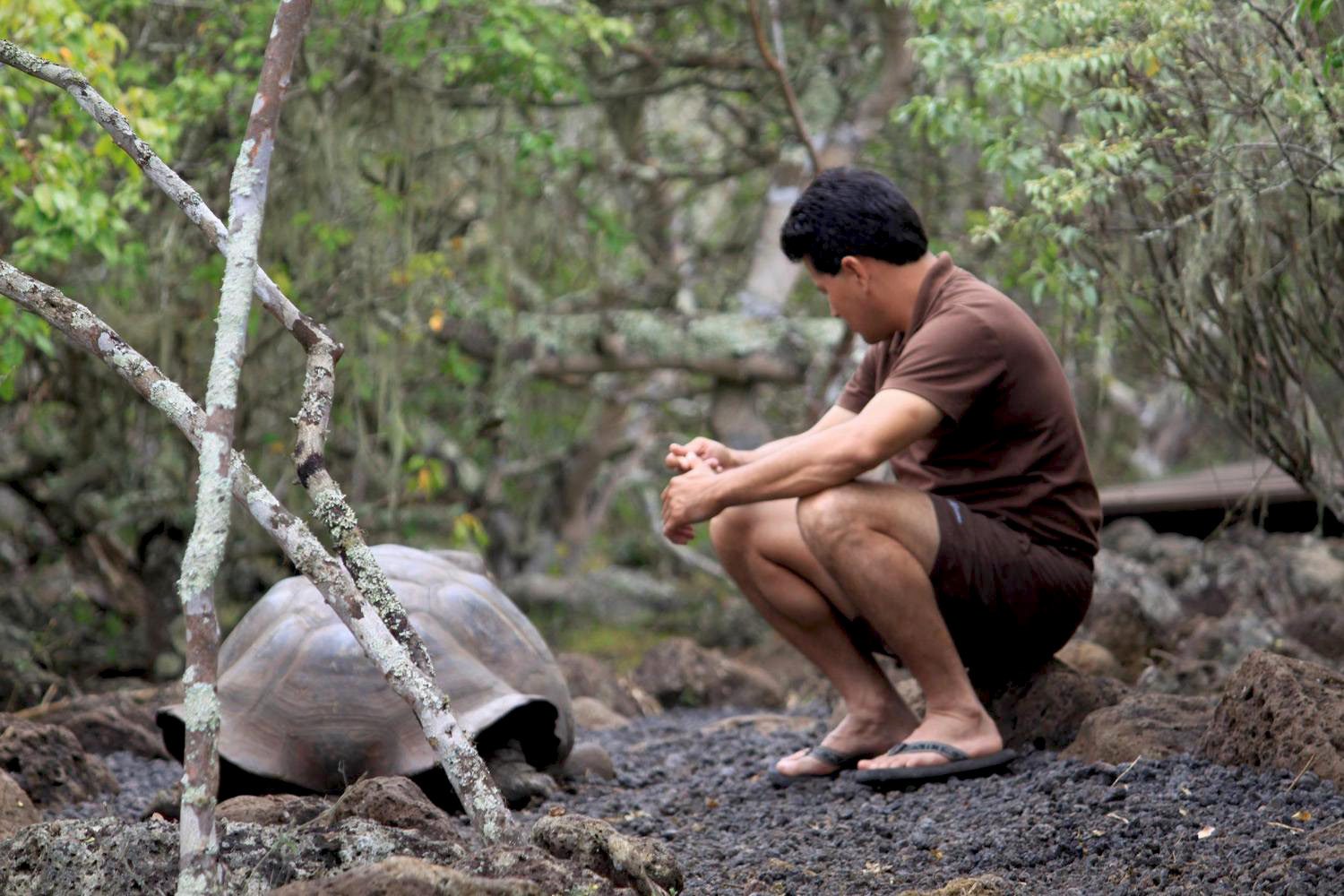
While this is generally acknowledged, there are doubtless some Galapagos operations which do not act with the islands' best interests at heart. This does not mean that you shouldn't visit Galapagos. What it does mean is that each and every visitor has a duty to ensure their visit is managed as sustainably as possible.
Equally, every operator with any sense of responsible practice is aware that the islands are a natural resource which must be nurtured as much as they are to be enjoyed. Research into wildlife conservation, waste and water management, education initiatives, and pest control are just some of the issues with which everyone connected with tourism in the islands should be engaged.
The CEO of the Galapagos Conservation Trust, Ian Dunn, was recently quoted as saying:
"Well-managed tourism plays an important role in funding ongoing conservation. If visitors actively seek low-impact options, often meaning smaller boat-based trips, these iconic islands can be conserved."
Equally, responsibly managed land-based trips can make a huge difference, not least in putting money into the local economy, money which doesn't necessarily come in from the many visitors whose Galapagos experience is based on a boat.
It's worth taking particular care here however, as land-based tourism in Galapagos doesn't have anything like the amount of regulation that exists for the expedition cruises. So do make sure you do your research, and ask questions about the operation before booking a land-based (or any other) trip to the Galapagos: Is the trip integrated into the local community and economy? Are there links to social and conservation initiatives? Make sure that your trip contributes to the protection of the islands, not their detriment.
At Pura, we only work with Galapagos boats and land-based operations which have a proven track record of responsible, sustainable management. Operations which are as aware as we are of how precious these islands are, and put time, money and effort into preserving them so they can be enjoyed by travellers and locals for years to come. If you'd like to us to help you plan a responsible trip to Galapagos, take a look at our suggested trips to one of the world's great wildlife hotspots.
Our Ecuador holidays Get in touch Subscribe to The Pothole
The Pothole is Pura Aventura's popular monthly email. We share what we love, what interests us and what we find challenging. And we don't Photoshop out the bits everyone else does. We like to think our considered opinions provide food for thought, and will sometimes put a smile on your face. They've even been known to make people cry. You can click here to subscribe and, naturally, unsubscribe at any time.
The Pothole is Pura Aventura's popular monthly email. We share what we love, what interests us and what we find challenging. And we don't Photoshop out the bits everyone else does. We like to think our considered opinions provide food for thought, and will sometimes put a smile on your face. They've even been known to make people cry. You can click here to subscribe and, naturally, unsubscribe at any time.


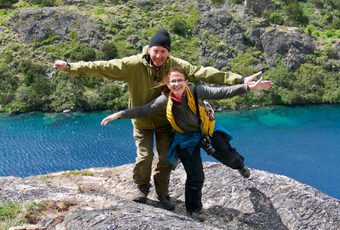


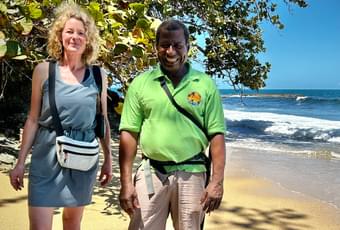

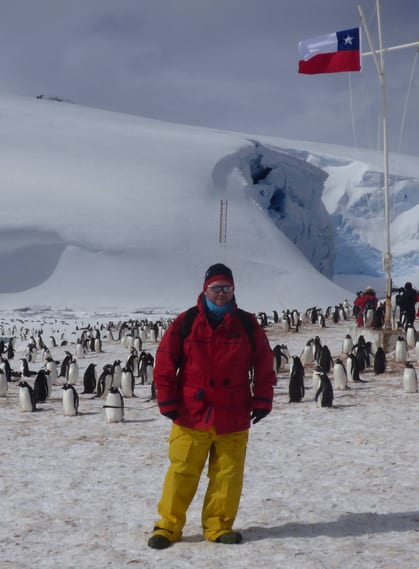
 By
By 

